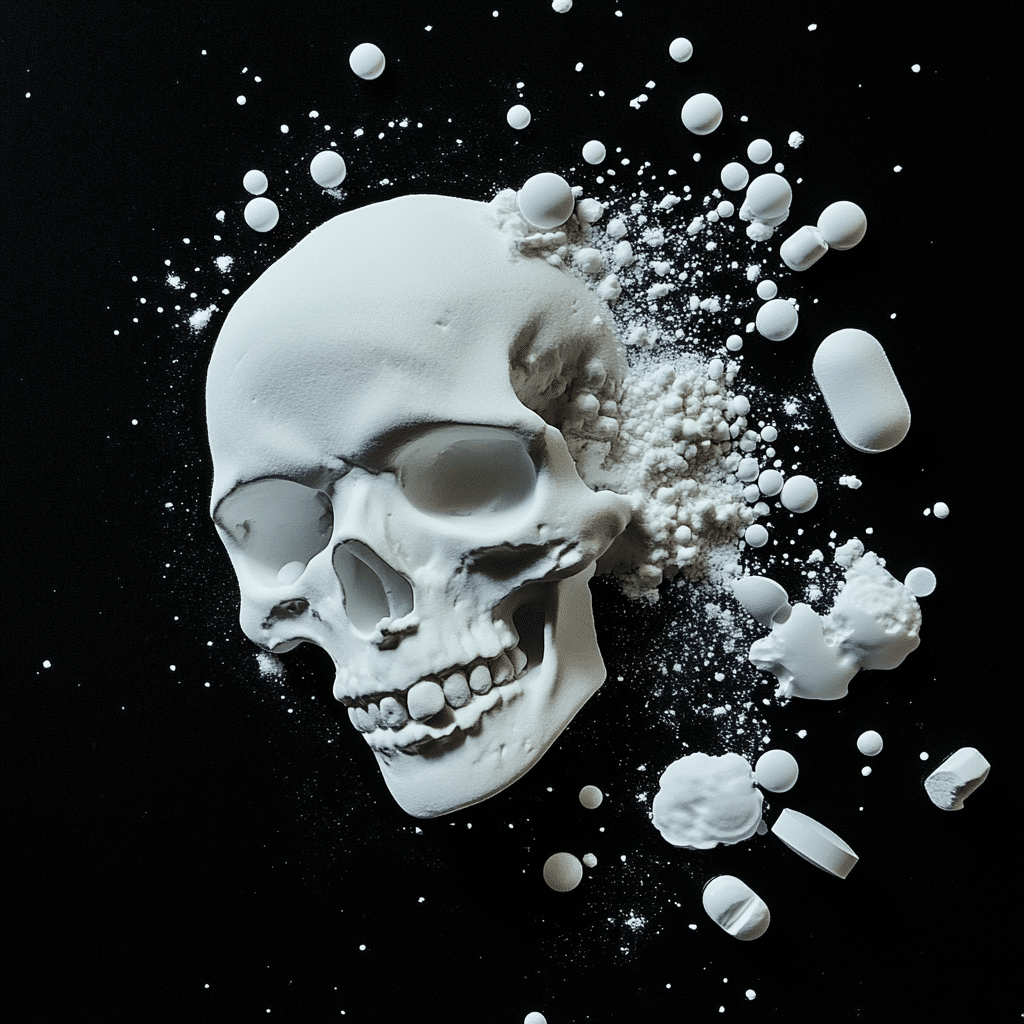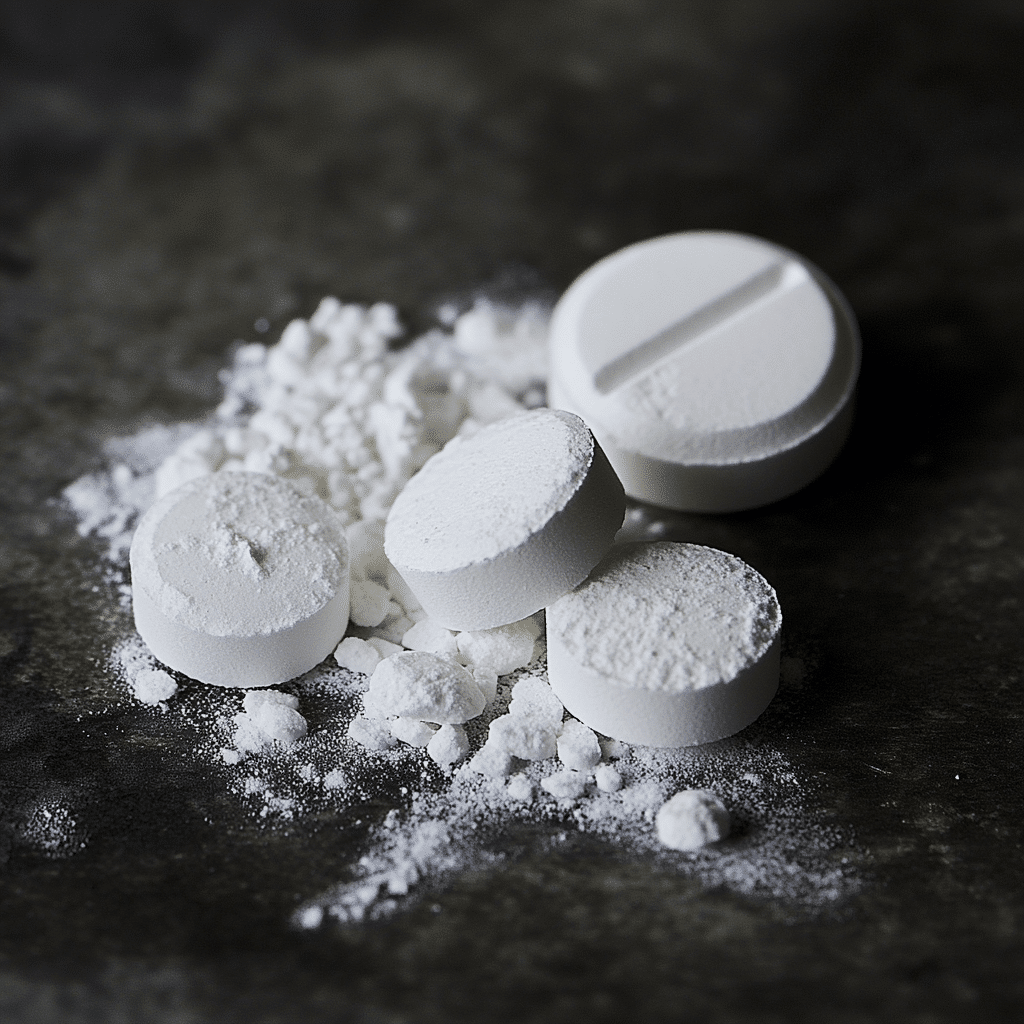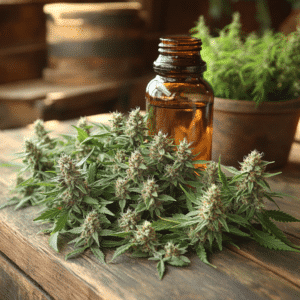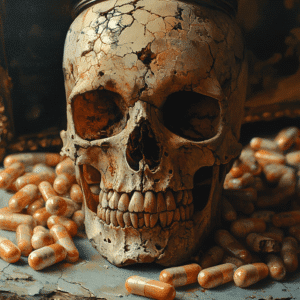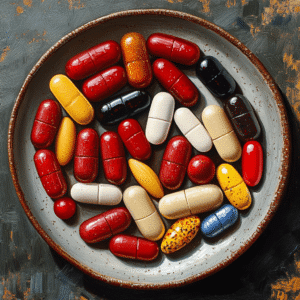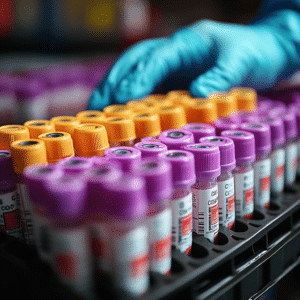Oxycodone hydrochloride, often referred to as oxycodone HCl, is a potent opioid commonly prescribed for pain relief. While it surely helps many people manage pain, the dangers linked to its use can significantly impact our children and loved ones. For parents, it’s crucial to understand these risks and take proactive steps to safeguard their kids against potential addiction. Here, we’ll delve into the dangers of oxycodone hydrochloride and how it affects families, illustrating the pressing need for education, awareness, and open discussions.
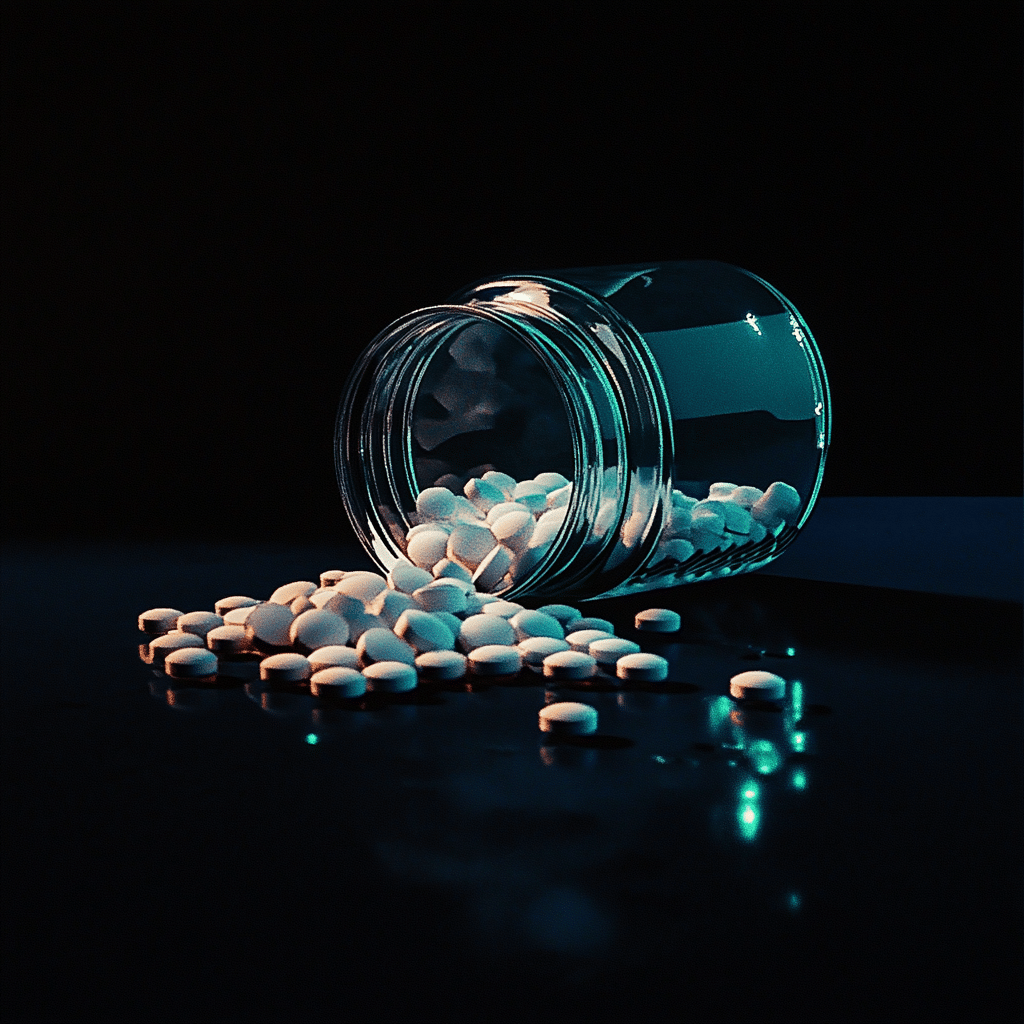
The Risks Associated with Oxycodone Hydrochloride Use
Let’s dive into the most pressing concerns regarding oxycodone HCl, especially when it comes to young audiences. Awareness is key to prevention, and here are several major risks that should be on every parent’s radar.
The potential for addiction linked to oxycodone HCl is staggering. Research reveals that about 21-29% of people prescribed opioids mismanage their use. Kids and teens, with their developing brains and increasing societal pressures, are particularly at risk. It’s crucial to have open conversations with them about these dangers.
Overdose is a critical issue that cannot be overlooked. The CDC reported that over 75% of drug overdose deaths involved opioids in 2021. The seemingly harmless dosage of oxycodone 5 mg can have dire consequences, especially when mixed with other substances, like alcohol or benzodiazepines. Alarmingly, a small slip can lead to an irreversible tragedy.
Oxycodone doesn’t just affect the body; it can worsen mental health. Regular use can heighten issues like depression and anxiety, particularly among adolescents. Young people still learning to manage their emotions may find themselves grappling with suicidal thoughts due to oxycodone’s impact on their mental well-being. This highlights the need for compassion and understanding.
Stopping oxycodone after regular use can lead to intense withdrawal symptoms. These symptoms can range from anxiety and insomnia to severe reactions like seizures. The cravings associated with oxycodone hydrochloride can be extremely tough to handle. Parents must be educated about these challenges to support their kids effectively.
Unfortunately, oxycodone often finds its way into the hands of teens for non-medical use. Recent surveys revealed that around 16% of high school seniors reported misusing prescription opioids, with oxycodone being a common target. The allure and glamorization surrounding these substances can be persuasive to impressionable young minds.
Taking oxycodone HCl alongside other medications can lead to serious complications. This combo can amplify side effects or increase the risk of overdose. For instance, mixing oxycodone with common medications like antidepressants may create dangerous situations. Comprehensive evaluations by healthcare providers are key to ensuring safety.
The stigma attached to addiction complicates treatment access. Families often hesitate to seek help due to fears of judgment or societal backlash. Initiatives aimed at discussing oxycodone HCl openly can help alleviate these barriers. Sharing experiences and breaking the silence can foster an environment where support flourishes.
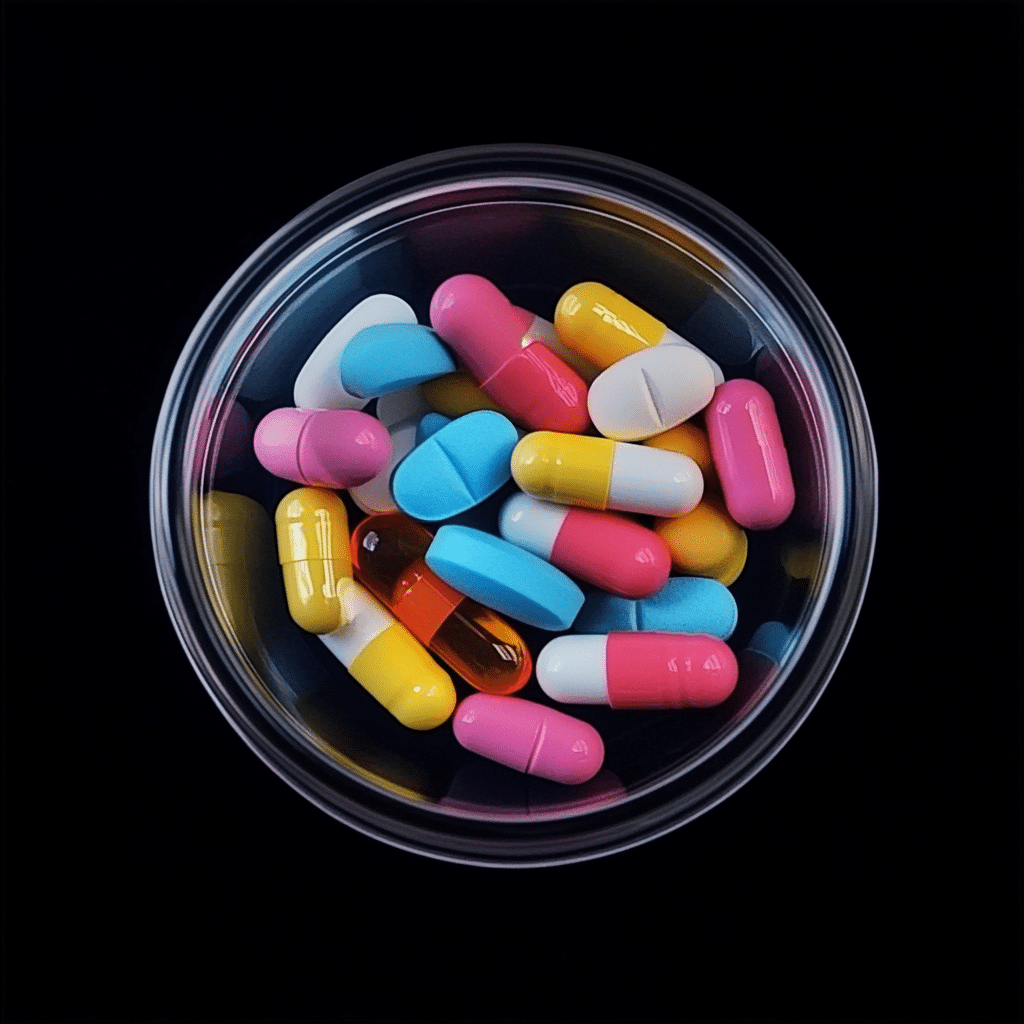
Real-World Impact: Personal Stories and Insights
Personal stories provide a powerful lens through which we can view the dangers of oxycodone hydrochloride. Meet Jen, a mother from Ohio, who lost her son due to an accidental overdose linked to a prescription for oxycodone after a football injury. Despite following medical advice, the unforeseen consequences were devastating. After her loss, Jen became an advocate for families in similar situations, sharing her painful experience to raise awareness about the critical need for responsible medication management. Her journey underscores the urgency of approaching oxycodone prescriptions with caution.
Jen’s story reflects countless others facing the harsh realities of opioid addiction. It’s vital for parents to share their narratives, building a community that encourages discussion, support, and healing. By coming together, we can better combat the chilling grip of oxycodone hydrochloride and other opioids.
Recommendations for Prevention and Awareness
Now, let’s turn our attention to actionable steps parents can take to minimize the risks associated with oxycodone use. Prevention is the best strategy, and here are some methods to keep in mind.
Communication is vital. Engage in honest dialogues with your children about the dangers of prescription drugs. Make sure they feel comfortable discussing their feelings and questions. A proactive approach can lay the groundwork for resilience.
Promote educational initiatives in schools that inform students about the risks of opioid misuse. Awareness campaigns can cultivate a culture that discourages drug use while emphasizing well-being. When kids understand the facts, they can make informed choices.
Encourage doctors and healthcare providers to be cautious when prescribing oxycodone and other opioids. Exploring alternative pain management strategies can reduce reliance on such medications. Parents should advocate for thorough discussions about treatment options.
Connect with support groups that assist families dealing with addiction. Programs like block Grants provide resources to guide families through challenging times. It’s important to build a solid foundation of understanding and compassion.
Moving Forward to Combat the Crisis
The issue of opioid use and the associated ramifications is urgent and pressing. By understanding the dangers of oxycodone hydrochloride, we can empower parents, children, and healthcare providers to engage meaningfully in this conversation. It’s a collective task to create a culture that prioritizes health and safety for our loved ones.
As we share stories, seek knowledge, and promote open dialogue, we can better equip ourselves to face this epidemic head-on. Let’s work together to foster an environment where our loved ones can stay protected from the dire consequences of addiction. You can explore more resources and support at Mothers Against Addiction. Together, we can combat ignorance and ensure our children’s futures are brighter and healthier.
Oxycodone Hydrochloride: Dangers You Must Know
The Basics of Oxycodone Hydrochloride
Oxycodone hydrochloride is a powerful opioid pain reliever, commonly prescribed for managing moderate to severe pain. It’s derived from thebaine, a substance obtained from opium poppies. Now, here’s a fun fact—did you know that addiction can affect people from all walks of life? In fact, a staggering number of individuals, even those we see as “normal” or “successful”—think about famous names like Mariah Carey—can experience the clutches of addiction. Just like the dynamic between xx And xy Chromosomes, addiction doesn’t discriminate; it can strike anyone, regardless of gender or background.
Unpacking the Risks
While oxycodone hydrochloride can provide relief, misuse can lead to devastating consequences. Users may experience varying effects, including euphoria and increased risk for serious complications, such as psychosis . Surprising? You might find it as shocking as the sad memes floating around online that reflect our society’s struggles with mental health and addiction. When taken without a prescription or in larger doses, the potential for overdose climbs sharply. Crystal clear, right? Misguided attempts at managing pain can create a slippery slope into dependency.
The Wider Implications
It’s not just about the individuals battling addiction; families and communities feel the aftermath, too. Programs aimed at prevention and recovery support are invaluable. For instance, initiatives that utilize block Grants help fund essential programs for treatment and education. Just as someone might find a reliable Lenovo docking station to simplify their work setup, these grants serve as critical support systems for those dealing with addiction. Together, we can uplift each other—after all, inspiration can come from the unlikeliest of places, like a farmer guy on Hulu who finds joy in everyday tasks.
In the end, the journey through addiction is challenging, but sharing knowledge and awareness about the dangers of oxycodone hydrochloride is crucial. Understanding its risks equips us to offer better support to those who need it. Let’s stand together, because the fight against addiction is a collective effort, and some may find themselves on the edge at ages as low as 15 or 20, emphasizing the vital need for guidance and community outreach.
